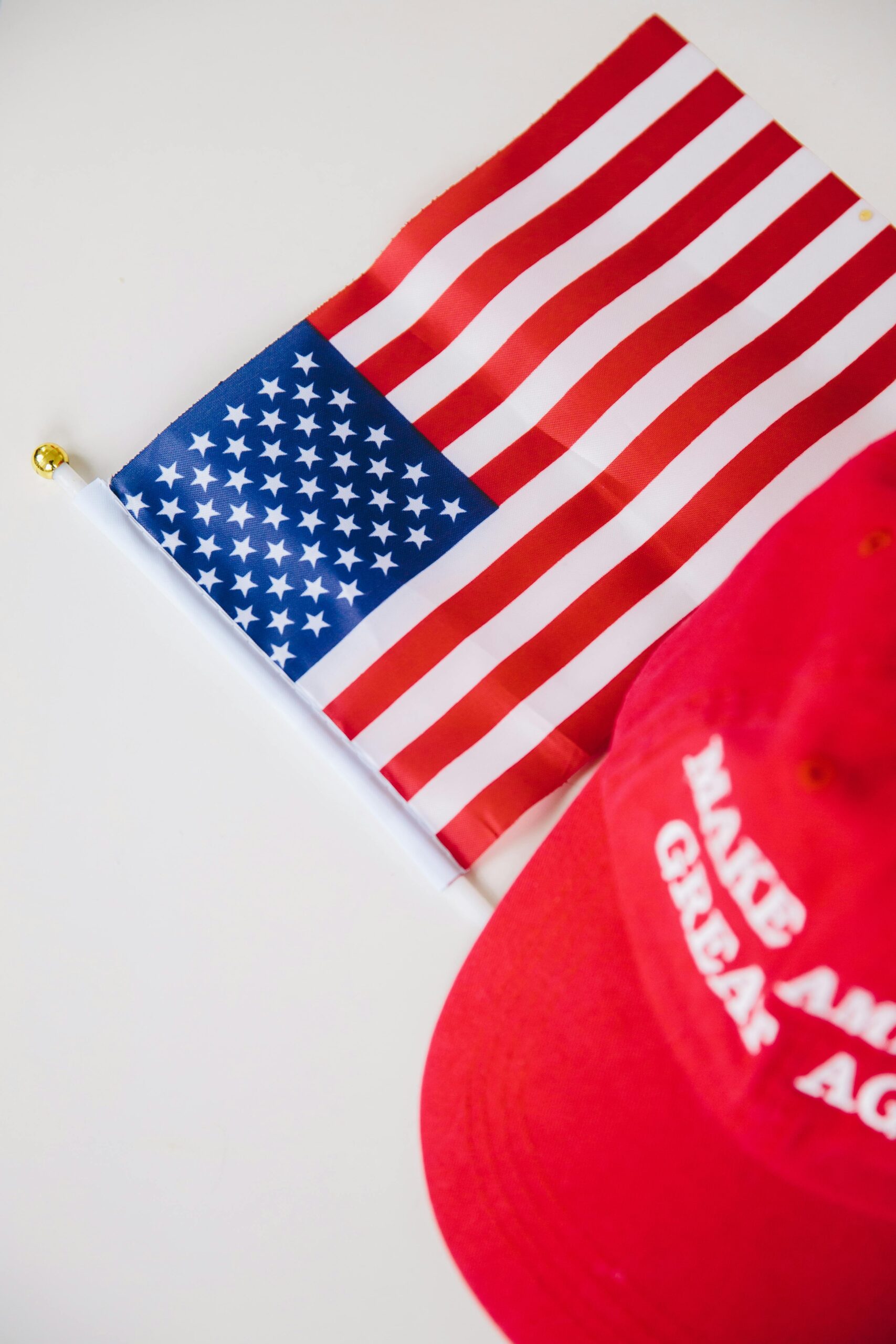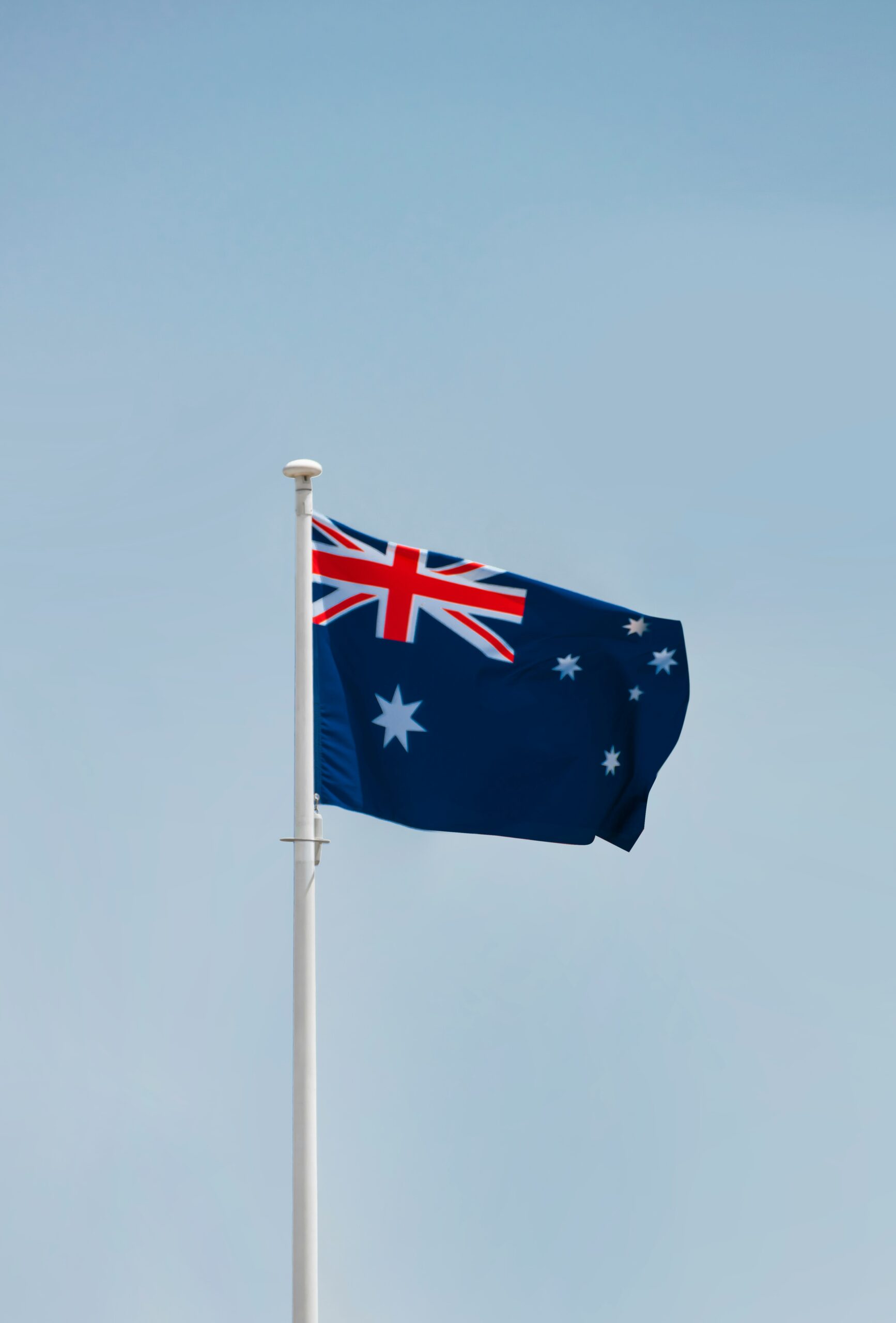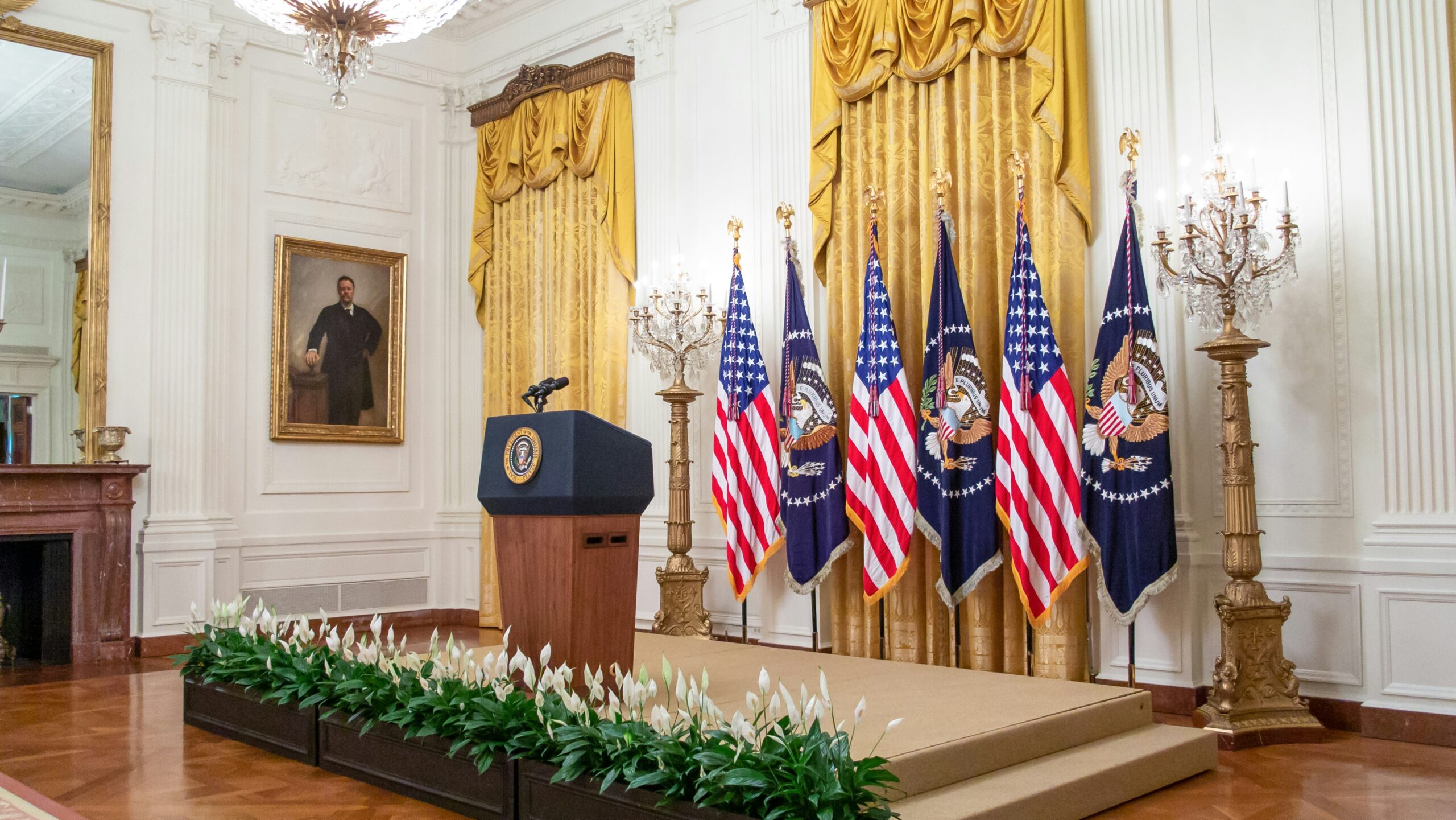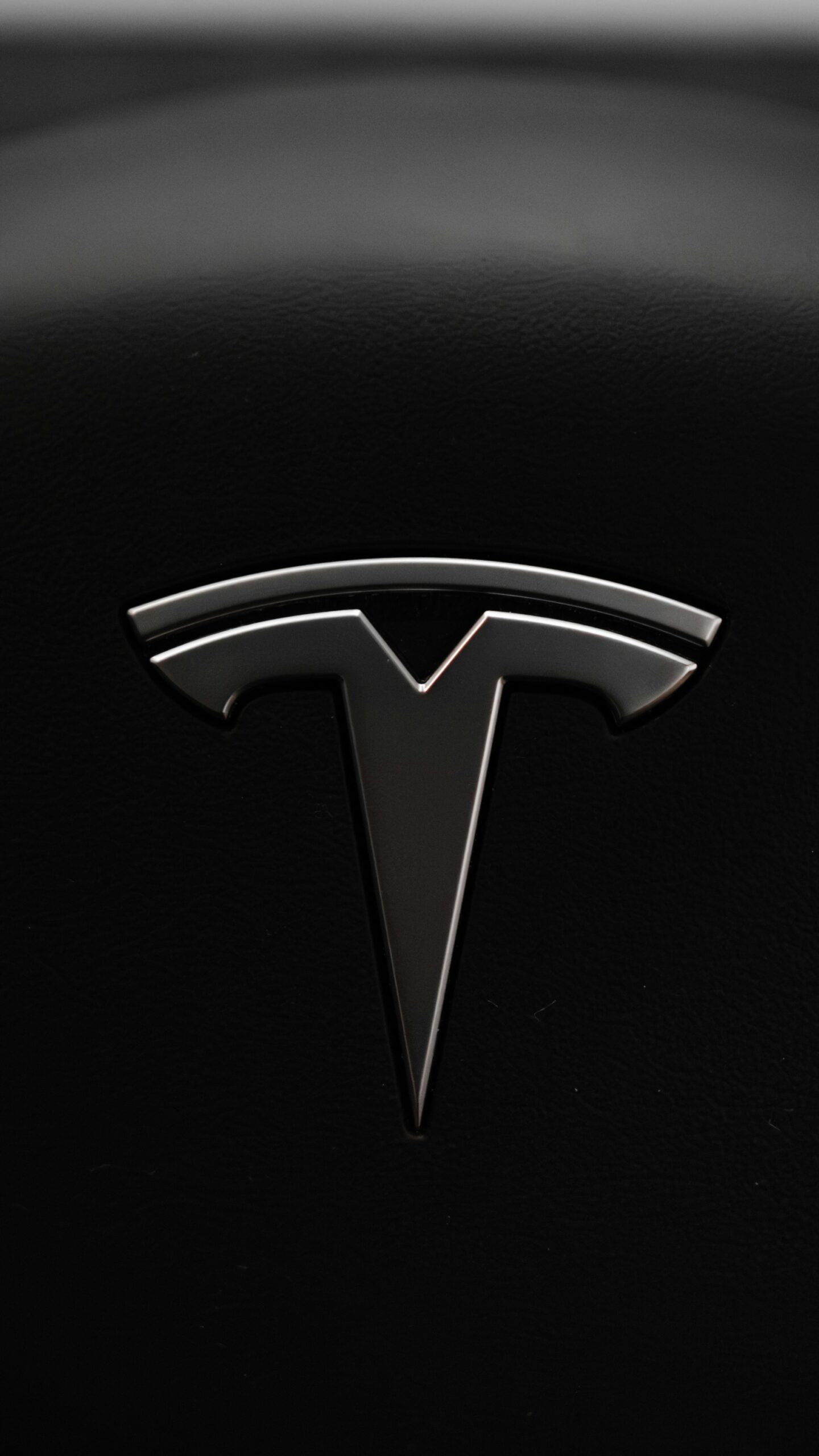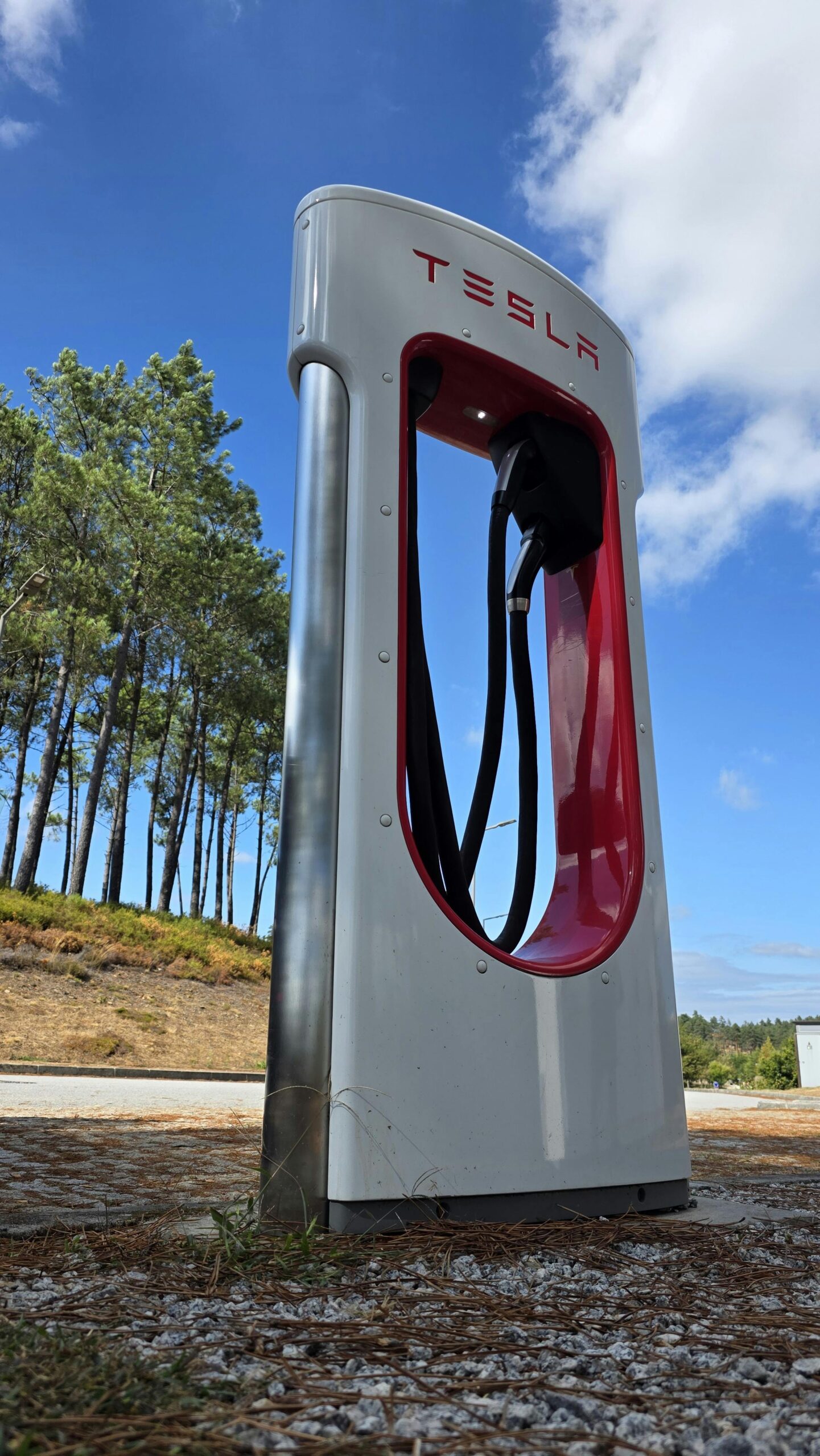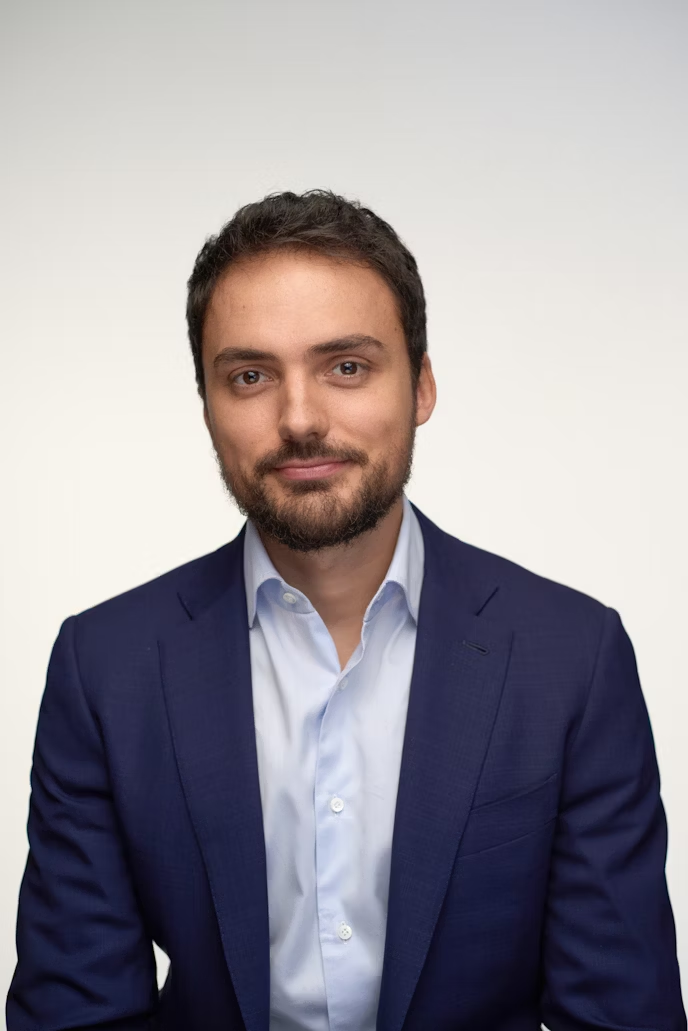Image credit: Unsplash
Germany’s medical cannabis users are about to get a new choice in the form of another celebrity brand. Wiz Khalifa’s career includes GRAMMY and Golden Globe nominations as well as multi-platinum albums and a cannabis brand he calls Khalifa Kush, which will soon enter the German medical cannabis market. The brand is coming to Europe by way of a multi-year partnership with the Berlin-based Sanity Group and a collaboration with its own medical cannabis brand, avaay Medical.
“I’m excited for our international expansion of Khalifa Kush, as we bring the brand to the European market, starting with Germany,” said the legendary Wiz Khalifa. “When we started exploring a partnership it was key to find a group in Europe who shares our passion for quality and we found that in Sanity Group.”
New Exclusive Strains for German Pharmacies
Two Khalifa Kush strains will be introduced in flower form starting in January 2025, with more strain launches taking place during the following year. These exclusive strains have been developed specifically for the German market. Grown under GACP-certified conditions and processed according to EU-GMP standards, they were developed by the professional cultivators at Miracle Valley, who first grew these strains near the Cascade Mountain in British Columbia.
For the ambitious rollout, availability at more than three thousand pharmacies could be only a start. Khalifa and avaay Medical hope to transition into broader European markets, starting with medical sales in other nations and moving on to recreational sales depending on the progress of national legalization. They plan to explore opportunities to pioneer markets as they open.
The Opening of European Cannabis Markets
“Partnering with Khalifa Kush marks a significant milestone for Sanity Group and the German medical cannabis market,” says Sanity Group founder and CEO Finn Haensel. “As a California-based brand, led by expertise and quality, Khalifa Kush presents an opportunity in Germany to advance patient-centered care, particularly in light of the increased demand for medical cannabis products following the nation’s reclassification on April 1.”
Haensel references April 1 as the day that Germany’s legalization of cannabis use took effect. Germany is only the third country in the European Union to allow cannabis use among adults, allowing people over 18 to have up to 25 grams of dried cannabis flower in their possession, and to cultivate as many as three marijuana plants in their homes. This law made cannabis a regulated medical product in Germany.
North American Companies Looking for Profit in Europe
Khalifa Kush and Miracle Valley are not the first North American companies to look for profit in European cannabis markets. Germany is the largest medical cannabis market in Europe, and though its laws have become more amenable to use and cultivation, only a few local German companies have obtained the necessary licenses to produce cannabis inside the country. This has created opportunities for cultivators and growers based in the U.S. and Canada to dodge regulation in their own nations and instead capture some of the profits from European markets.
Other companies that have explored or signed on to transatlantic partnerships include German cannabis producer Demecan and online vendor Bloomwell Group. The Canadian company OrganiGram announced a multi-million euro deal back in June, with CEO Beena Goldenberg citing high Canadian taxes and competition with the local black market as reasons to explore overseas investment. OrganiGram found a partner in Sanity Group, the same company that has paired with Wiz Khalifa and Miracle Valley.
Research has projected that Germany’s marijuana sales will more than double from 2024 to 2027, estimating market revenue to reach $3.7 billion. With Germany serving as a launching point for broader European penetration, particularly as legalization continues on a multinational scale, North American companies see the potential for substantial profit in both the near and far future.


























